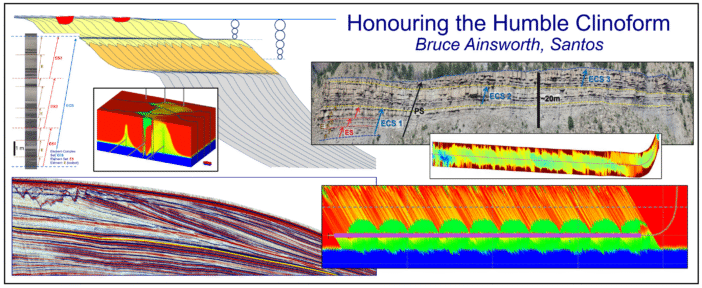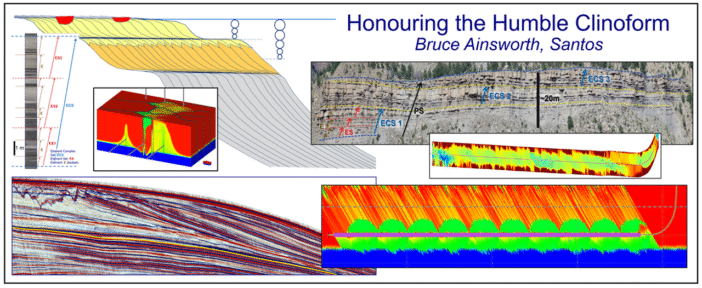
- This event has passed.
PESA ETSIG/CSIRO CCS Knowledge Transfer Series: Installment 2

PESA ETSIG/CSIRO CCS Knowledge Transfer Series: Installment 2
The PESA Energy Transition Special Interest Group (ETSIG), in conjunction with CSIRO, is running the “CCS Knowledge Transfer Series” which aims to cover geological and geophysical aspects of CCS, focusing on the differences from oil and gas operations.
Further information about the series can be found here:
https://pesa.com.au/events/etsig-csiro-ccs-knowledge-transfer-series/2023-09-05/
Kindly supported by:

This live webinar will take place at:
11am – Perth
12.30pm – Darwin
1pm – Brisbane
1:30pm – Adelaide
2pm – Canberra, Hobart, Melbourne, Sydney
Use the calendar link on this page to add this event in to your own calendar at the correct local time for your location.
Tickets are free for PESA members (please log in to see this), free for members of the AGA, SPE, AAPG (Asia-Pacific) and the EAGE (Asia-Pacific). Tickets for non-members are $10 per episode.
Please buy your tickets and immediately follow the link in the ticket e-mail (not the calendar invite or this webpage, which is just generic and not event specific) to set up your registration with the webinar software well in advance of the time of the talk. Once registered with the webinar software you will receive a reminder e-mail 1 hour beforehand.
CCS Knowledge Transfer Series: Installment 2
Thermophysics and Multiphase Flow in CCS – Samuel Jackson (CSIRO)
Abstract
In the second talk of the CCS Knowledge Transfer Series, we will discuss the physics and thermodynamics of CO2 flow in relation to CCS. We will highlight key differences, in terms of phase behaviour, between CO2 and other fluids more typically encountered in oil and gas operations, and the implications these have on multiphase flow in the reservoir. The main flow mechanisms, as well as physical scaling laws incorporating capillarity, buoyancy and viscosity will be discussed and used to analyse the flow regimes typically encountered in the field. The talk will end with discussion on dissolution, residual, and mineral trapping mechanisms.




